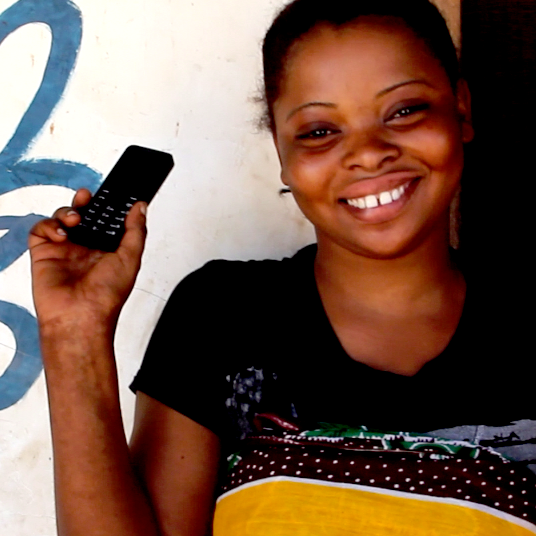Mobile Phone ownership and use of digital financial services
What is the effect of mobile phone ownership among women on economic, social, and political outcomes? In this Bill and Melinda Gates Foundation-funded field experiment, we randomly assign women across six regions of Tanzania to receive a basic or smartphone handset and then measure the impact of phone ownership on a range of outcomes over the course of a year, including the uptake of digital financial services.
Collaborators: Philip Roessler, Flora Myamba, Cornel Jahari, Blandina Kilama, Daniel Nielson
Press: The Citizen (Tanzania)
MOBILE TECHNOLOGY AND CIVIC ENGAGEMENT
What is the impact of phone ownership on civic engagement? In this USDA-funded downstream experiment, we investigate the impact of phone ownership on the likelihood of attending a local workshop on land rights. While all study subjects own phones, a randomly assigned portion have owned their handsets for one year; we are therefore able to uniformly inform participants of the workshop (via SMS) and leverage the exogenous variation in the accrued benefits of mobile phone ownership (including increased autonomy and self-efficacy).
Collaborators: Philip Roessler, Daniel Nielson
EGAP pre-registration. Working paper coming soon.
GOVERMENT DISTRIBUTION OF WATER IN UGANDA
In this study, I investigate the political dynamics in the distribution of improved water sources in Uganda following the 2011 election. To address this question, I apply a new, high-resolution dataset that combines the spatial distribution of all point water sources distributed by the government in Uganda and the geo-located polling station-level results from the 2011 presidential election, along with a set of controls of the technical factors that predict the distribution of water access. This work was supported by the University of Michigan Center for Political Studies at the Institute for Social Research.
Working paper coming soon.
Incentivizing mobile money as a financial savings instrument
Can the triggering of loss aversion encourage mobile money users to save money in their mobile wallets? This Innovations for Poverty Action-Tanzania Financial Inclusion Program field experiment attempts to prompt mobile savings by offering one of three randomly assigned savings schemes to 2,300 young women in rural Tanzania in the Jhpiego Sauti project. The primary treatment provides an upfront interest payment to the mobile wallets of participants, which they can only keep if a savings target is met at the end of the program. This treatment condition is compared to a traditional interest account and a control. Partnering with a Tanzanian mobile network operator, we measure savings outcomes by observing account balances and mobile money use prior to and during the savings program period.
Collaborators: Flora Myamba, Philip Roessler, Daniel Nielson, Joseph Price, Wayne Sandholtz
EGAP pre-registration. IPA Brief. Working paper coming soon.



